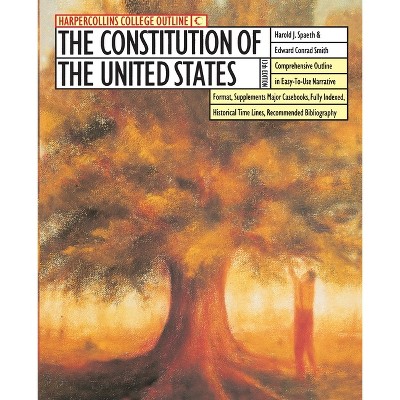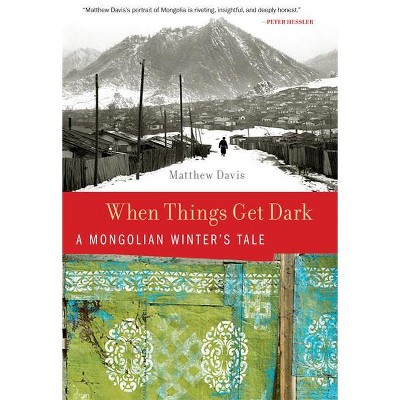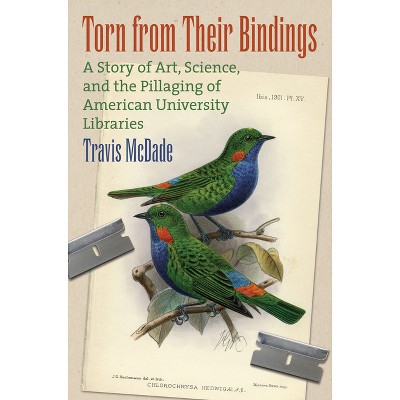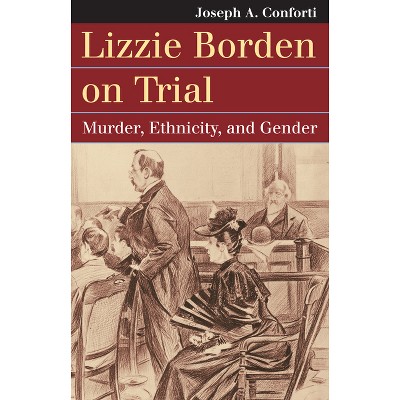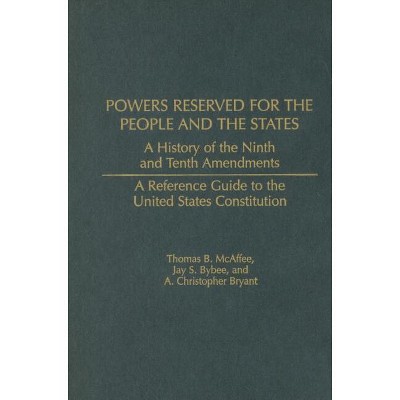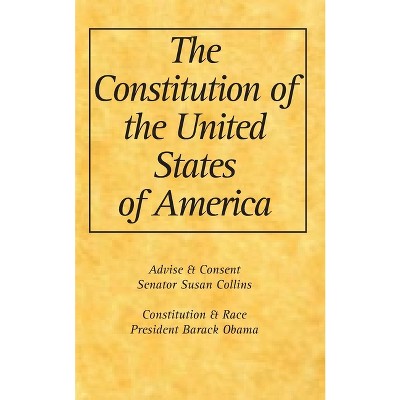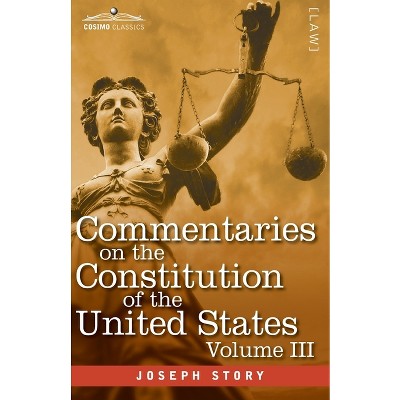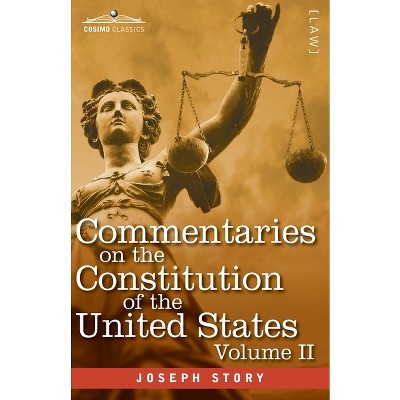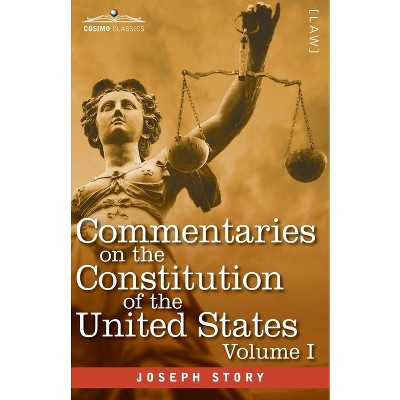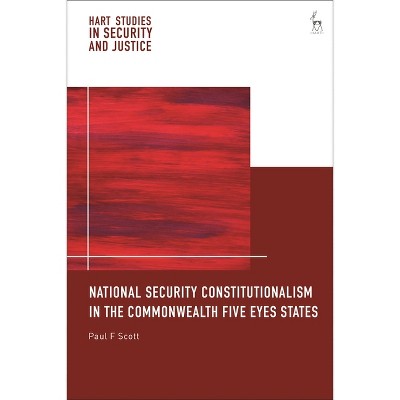Sponsored

Double Jeopardy - (Reference Guides to the United States Constitution) by David S Rudstein (Hardcover)
In Stock
Sponsored
About this item
Highlights
- This volume traces the history of the Double Jeopardy Clause of the Fifth Amendment of the United States Constitution.
- About the Author: DAVID S. RUDSTEIN is Professor of Law, Illinois Institute of Technology, where he teaches courses in criminal law and criminal procedure.
- 288 Pages
- Freedom + Security / Law Enforcement, Constitutional
- Series Name: Reference Guides to the United States Constitution
Description
About the Book
This volume traces the history of the Double Jeopardy Clause of the Fifth Amendment of the United States Constitution. It shows that the constitutional guarantee against double jeopardy has its roots in ancient Jewish and early Greek and Roman law. After recapping the history of the clause the Supreme Court's current interpretation of the clause is explained.
This book describes the circumstances in which the premature termination of an individual's trial bars a subsequent trail for the same offense. It also examines when the Clause prohibits the government from imposing multiple punishments for the same offense. The final chapter includes a discussion of bibliographical sources.
Book Synopsis
This volume traces the history of the Double Jeopardy Clause of the Fifth Amendment of the United States Constitution. It shows that the constitutional guarantee against double jeopardy has its roots in ancient Jewish and early Greek and Roman law. After recapping the history of the clause the Supreme Court's current interpretation of the clause is explained.
This book describes the circumstances in which the premature termination of an individual's trial bars a subsequent trail for the same offense. It also examines when the Clause prohibits the government from imposing multiple punishments for the same offense. The final chapter includes a discussion of bibliographical sources.About the Author
DAVID S. RUDSTEIN is Professor of Law, Illinois Institute of Technology, where he teaches courses in criminal law and criminal procedure.